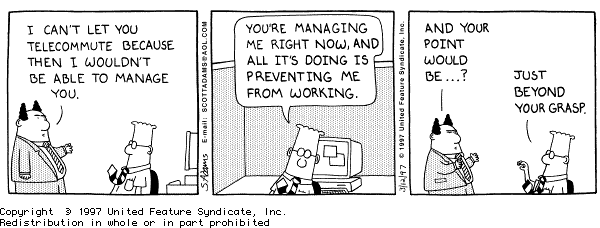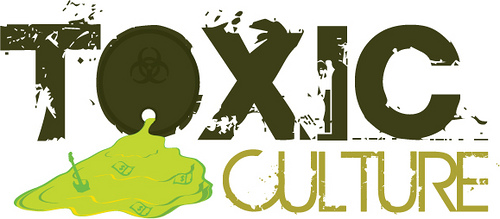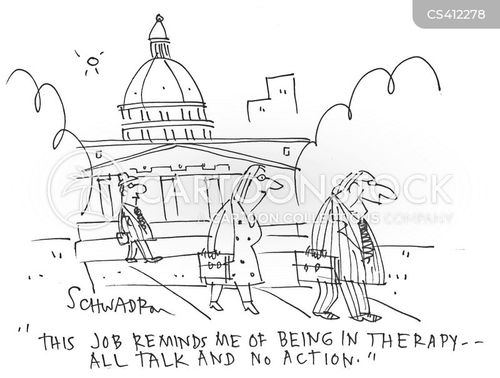
Cartoon – Scandal Management



… One said, “I cannot get my head above water to breathe during the week.” Another described stabbing her leg with a pencil to stop from screaming during a particularly torturous staff meeting. Such complaints are supported by research showing that meetings have increased in length and frequency over the past 50 years, to the point where executives spend an average of nearly 23 hours a week in them, up from less than 10 hours in the 1960s. And that doesn’t even include all the impromptu gatherings that don’t make it onto the schedule.
Read the rest of “Stop the Meeting Madness” at Harvard Business Review.
https://hbr.org/2017/07/stop-the-meeting-madness
https://www.kevinmd.com/blog/2015/10/what-creates-a-toxic-hospital-culture.html

Hospital culture is largely influenced by the relationship between administrative and clinical staff leaders. In the “old days” the clinical staff (and physicians in particular) held most of the sway over patient care. Nowadays, the approach to patient care is significantly constricted by administrative rules, largely created by non-clinicians. An excellent description of what can result (i.e., disenfranchisement of medical staff, burn out, and joyless medical care) is presented by Dr. Robert Khoo.
Interestingly, a few hospitals still maintain a power shift in the other direction — where physicians have a stranglehold on operations, and determine the facility’s ability to make changes. This can lead to its own problems, including unchecked verbal abuse of staff, inability to terminate bad actors, and diverting patients to certain facilities where they receive volume incentive remuneration. Physician greed, as Michael Millenson points out, was a common feature of medical practice pre-1965. And so, when physicians are empowered, they can be as corrupt as the administrations they so commonly despise.
As I travel from hospital to hospital across the United States (see more about my “living la vida locum” here), I often wonder what makes the pleasant places great. I have found that prestige, location, and generous endowments do not correlate with excellent work culture. It is critically important, it seems, to titrate the balance of power between administration and clinical staff carefully — this is a necessary part of hospital excellence, but still not sufficient to insure optimal contentment.
In addition to the right power balance, it has been my experience that hospital culture flows from the personalities of its leaders. Leaders must be carefully curated and maintain their own balance of business savvy and emotional IQ. Too often I find that leaders lack the finesse required for a caring profession, which then inspires others to follow suit with bad behavior. Unfortunately, the tender hearts required to lead with grace are often put off by the harsh realities of business, and so those who rise to lead may be the ones least capable of creating the kind of work environment that fosters collaboration and kindness. I concur with the recent article in Forbes magazine that argues that poor leaders are often selected based on confidence, not competence.
The very best health care facilities have somehow managed to seek out, support and respect leaders with virtuous characters. These people go on to attract others like them. And so a ripple effect begins, eventually culminating in a culture of carefulness and compassion. When you find one of these gems, devote yourself to its success because it may soon be lost in the churn of modern work schedules.
Perhaps your hospital work environment is toxic because people like you are not taking on management responsibilities that can change the culture. Do not shrink from leadership because you’re a kind-hearted individual. You are desperately needed. We require emotionally competent leaders to balance out the financially driven ones. It’s easy to feel helpless in the face of a money-driven, heavily regulated system, but now is not the time to shrink from responsibility.
Be the change you want to see in health care.




